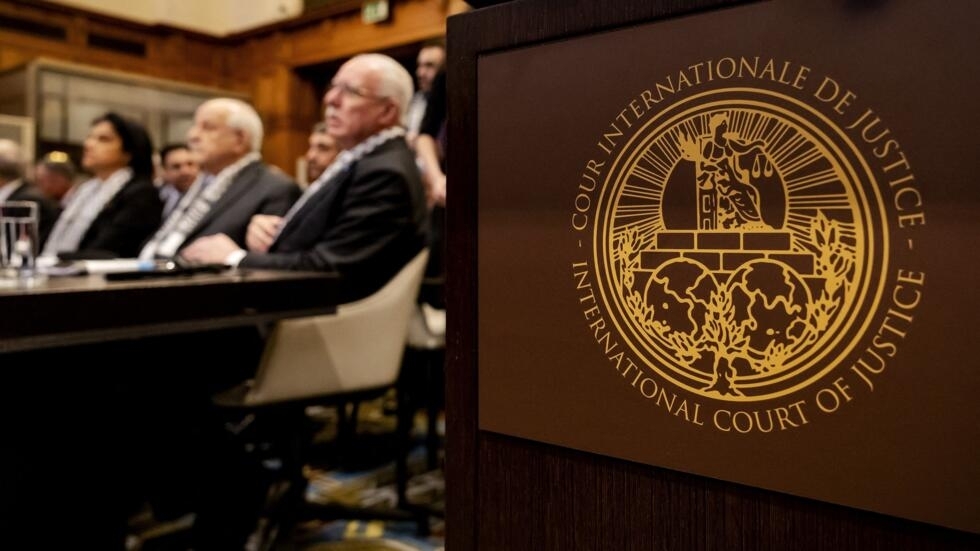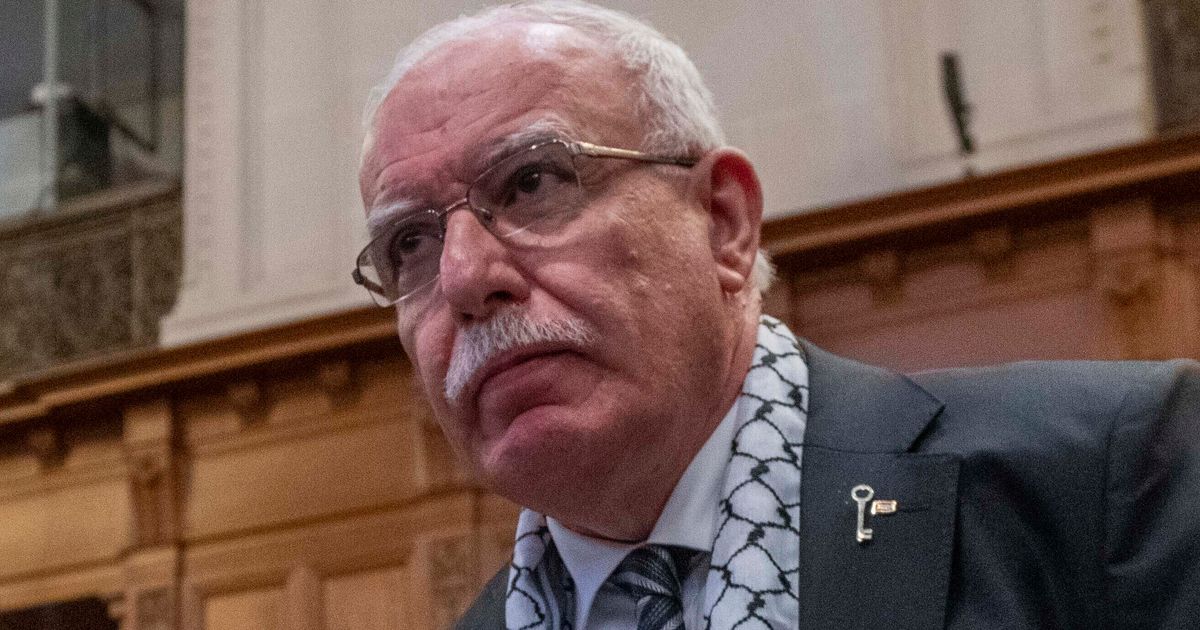The Palestinian foreign minister addressed the International Court of Justice, accusing Israel of apartheid and urging the court to declare Israel’s occupation of Palestinian territories illegal and demand its immediate cessation. The hearings, focusing on Israel’s control over the West Bank, Gaza Strip, and East Jerusalem, coincided with the Israel-Hamas conflict, underscoring the urgency of the situation.
Minister Riad Malki highlighted the dire conditions faced by Palestinians, emphasizing the plight of those in Gaza under siege and subjected to violence, as well as those in the West Bank enduring colonization and racial discrimination. International law expert Paul Reichler echoed these concerns, emphasizing Israel’s alignment with settler movements to expand control over occupied territories.
The hearings were prompted by a request from the U.N. General Assembly for an advisory opinion on Israel’s policies in the occupied territories. Israel, though not scheduled to speak, submitted a letter arguing against the prejudiced nature of the questions and asserting its right to protect citizens and address security concerns through negotiations.

Challenging Apartheid: Palestinian Appeal for Justice at the International Court of Justice (Credits: France 24)
Malki invoked the U.N. charter’s principle of self-determination, asserting Palestinians’ long-denied rights in the face of colonialism and apartheid-like conditions. He urged the court to recognize Israel’s illegal occupation and called for its immediate and unconditional cessation, suggesting that a favorable ruling could pave the way for peace.
Fifty-one countries and three international organizations are set to address the court, underscoring the global significance of the issue. Critics argue that Israel’s occupation has evolved into an apartheid system, with settlements and discriminatory policies aimed at maintaining Jewish hegemony, while Israel maintains that the territories’ future should be decided through negotiations.
The historical context of the 1967 Six-Day War, in which Israel captured the West Bank, East Jerusalem, and Gaza, underscores the complexity of the situation. Settlement expansion, annexation of East Jerusalem, and restrictions on Palestinian development exacerbate tensions, with international consensus deeming settlements illegal.
Despite past rulings against Israeli actions, such as the 2004 condemnation of the separation barrier, Israel has often ignored international legal opinions. Recent events, including the court’s call to prevent genocide in Gaza, highlight the ongoing challenges and the urgency of finding a just and lasting solution, as emphasized by Palestinian Ambassador Riyad Mansour’s impassioned plea for international law and justice.
























